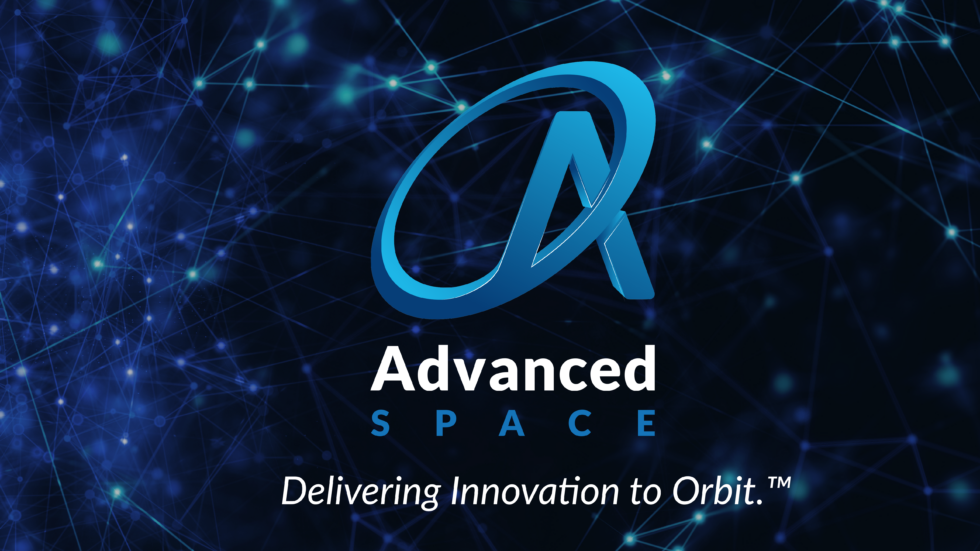WESTMINSTER, CO, 15 August 2024 – The CAPSTONE satellite after completing its primary navigation and Near Rectilinear Halo Orbit (NRHO) mission continues to be an on-orbit test platform to experiment with critical technologies needed for future cislunar missions. Advanced Space is using CAPSTONE to test multiple autonomous capabilities. The first experiments performed on CAPSTONE tested the functionality of the Cislunar Autonomous Positioning System (CAPS™) software—these efforts are still ongoing. Following CAPS, Advanced Space uplinked a SigmaZero machine learning model, which was developed for IARPA to classify anomalies with spacecraft navigation. The latest experiments Advanced Space has performed on CAPSTONE validated Advanced Space’s Neural Networks for Enhanced Planning (NNEP). NNEP is a Machine Learning (ML) application that calculates and validates optimal maneuvers without humans in the loop. It’s one of the key applications in Advanced Space’s Autopilot suite of on-orbit tools to enable autonomous operations.
The Software
Advanced Space is working with NASA and IARPA on a public-private partnership and investing to test multiple software Autopilot applications on CAPSTONE. These applications include CAPS, NNEP, and SigmaZero. These individual tests will lead to the objective of a space vehicle being able to determine its own position and velocity, evaluate data for anomaly detection and integrity, calculate optimal maneuvers, and validate maneuver integrity. This integrated test is anticipated to be completed in 2024.
- CAPS, as demonstrated in experiments linking to NASA’s Deep Space Network (DSN) and the Lunar Reconnaissance Orbiter, is using the gravity instabilities between Earth and Moon to calculate precisely where the spacecraft is located in the Earth-Moon system. We are also using the chip scale atomic clock on board to determine precisely where the spacecraft is and when.
- NNEP calculates optimal maneuvers for station keeping and autonomous operations and validates maneuver integrity to ensure safe and predictable tasking for satellites using either electrical or chemical propulsion.
- SigmaZero identifies anomalies in a spacecraft’s behavior, determines what is causing the error, and classifies the anomaly data so correct decisions can be made.
The Demonstration
The NNEP software was successfully uplinked to CAPSTONE. The initial experiment inadvertently validated onboard error handling by testing a software failure mode.
The second experiment demonstrated a successful onboard neural network inference and maneuver design, followed by maneuver validation via Advanced Space’s patent-pending onboard Safety Check. This experiment demonstrates the value of NNEP’s integrity check, a key piece to building trusted autonomy.
These two initial experiments validated that the inference engine and the integrity check are functional. They also confirm that NNEP will fail elegantly in the case of an incorrect file path, which was the cause of the first test’s failure.
Next Steps
The Advanced Space team is working toward an experiment integrating multiple Autopilot applications to demonstrate the key technologies that will lead to a robust autonomous capability. This is a joint effort between Advanced Space, NASA, and IARPA that will provide useful results that meet the needs of all three participants by testing maneuver planning, flight board operations, and cislunar autonomy, ultimately leading to a spacecraft that knows where it is, what time it is, how to maneuver correctly, and how to validate maneuvers with integrity.
